ISPA Celebrate 25th Anniversary with Summary of UK Broadband

The UK Internet Service Providers Association (ISPA) has today celebrated their 25th Anniversary with the release of a new report, which charts how much the internet and broadband connectivity in the United Kingdom has changed over the past 25 years. Going from dialup speeds to gigabits.
When ISPA formed in November 1995, John Major was Prime Minister, Blackburn Rovers were Premier League champions, Blur and Oasis were battling it out for the number 1 spot in the charts and early dial-up (narrowband) internet connections were only just starting to attract some interest. Many people back then didn’t even know what the internet was and most regarded it as a very geeky thing to be involved with.
The report notes that, in 1995, less than a quarter of households had a PC as Windows 95 launched (better known to I.T folk as an innovative but buggy mess – NT 4.0 was better, albeit not as compatible), but today the “average UK household” has 10 internet-connected devices and nine out of ten of us went online last year.
Since then there have been too many changes to remember or even mention, although the ISPA and Point Topic’s report – ‘Celebrating 25 years of UK internet‘ – does include a few examples on the connectivity side; all characterised by rising speeds, reduced costs and increased take-up.
Summary of Key Changes
• Consumers today can access the internet 200,000 times faster than in the 1990s.
• Bandwidth has increased 50% (Compound Annual Growth Rate) consistently since 1995.
• Average downstream bandwidth available to the UK consumer has increased from 5.3Mbps at the end of 2004 to well over 200Mbps downstream across the UK in 2020.
• Median upstream bandwidth has also grown from 0.3Mbps in 2010 to 29Mbps in 2020.
• The total number of broadband subscribers in the UK has doubled since 2007 from 14 million to over 27.2 million in 2020.
• Today you can get a gigabit connection for as little as £30/month and on average across the UK it’s £60/month – 6p a megabit.
• ISPA has grown from an association with a handful of members to more than 200 today.
• In 1995 there were a handful of infrastructure players, today there are hundreds, with national operators complemented by alternative fibre networks and fixed wireless operators.
The mention of 200Mbps downstream being available “across the UK in 2020” requires some context. At present Virgin Media’s network and various FTTP providers can do that (we’re not touching on mobile broadband here), but combined they only reach nearly two thirds of premises. The 29Mbps figure for upload speed runs into the same sort of issue, neither are universally available but the picture continues to improve.
Likewise, the talk of being able to get a “gigabit connection” for as little as £30 per month or £60 “across the UK” is all well and good, but at present such networks are only available to over a quarter of premises (FTTP and Virgin Media’s cable networks combined), but this is rapidly growing.
ISPA Statement
The growth and development of the UK Internet has not been without its challenges. The last 25 years has seen the dot-com bubble, recession, the rise and consolidation of cable networks, a maturing of the regulatory regime, and huge disruption to many traditional industries, but it has also massive innovation in technology and services as the internet continued its unstoppable rise.
ISPA’s 25th anniversary comes at a time when UK ISP sector is currently at a particularly exciting moment. Our members are embarking on a massive infrastructure upgrade, rolling out the next generation of technology and services through gigabit capable broadband, all while preparing to switch off analogue phone lines through the PSTN switch off, and as we enter a new chapter of internet regulation. This infrastructure revolution is happening on a national, regional and local level led by a variety of providers, from large established names to newer independent networks.
Industry’s plans will be complemented with funding from Government, as it aims to meet its manifesto commitment of nationwide gigabit broadband by 2025. This huge engineering and technology project will be an essential part of the UK’s recovery post-Covid-19.
As we look towards what the next 25 years may hold, some of the immediate questions include: what more can be done by Government to remove barriers to rollout? Is the country prepared to pay more for faster broadband? How many competing networks and ISPs can the market handle? What new technical innovations will ISPs be empowering? Will the economy become wholly digital? How do we ensure we continue to help the digitally excluded?
But for now, this research report and accompanying series of interviews takes us back to the early years through to the present and shows how the UK ISP industry has transformed our lives.
The ISPA Chair, Andrew Glover, said: “25 years of ISPA is a hugely important milestone. As this report details, the rise of the ISP sector in the UK today can be closely interlinked with the vital work that ISPA has done over the years to represent and promote best practice and favourable policy outcomes for the sector.”
At the time of writing we don’t yet have an online link to the new report, but we’ll add that later and in the meantime you can view its accompanying interviews and interactive timeline here.
Mark is a professional technology writer, IT consultant and computer engineer from Dorset (England), he also founded ISPreview in 1999 and enjoys analysing the latest telecoms and broadband developments. Find me on X (Twitter), Mastodon, Facebook and Linkedin.
« Gigaclear to Extend 1Gb Fibre Cover in Rural Northamptonshire
Latest UK ISP News
- FTTP (5538)
- BT (3518)
- Politics (2542)
- Openreach (2300)
- Business (2267)
- Building Digital UK (2247)
- FTTC (2045)
- Mobile Broadband (1978)
- Statistics (1790)
- 4G (1669)
- Virgin Media (1625)
- Ofcom Regulation (1467)
- Fibre Optic (1396)
- Wireless Internet (1392)
- FTTH (1382)






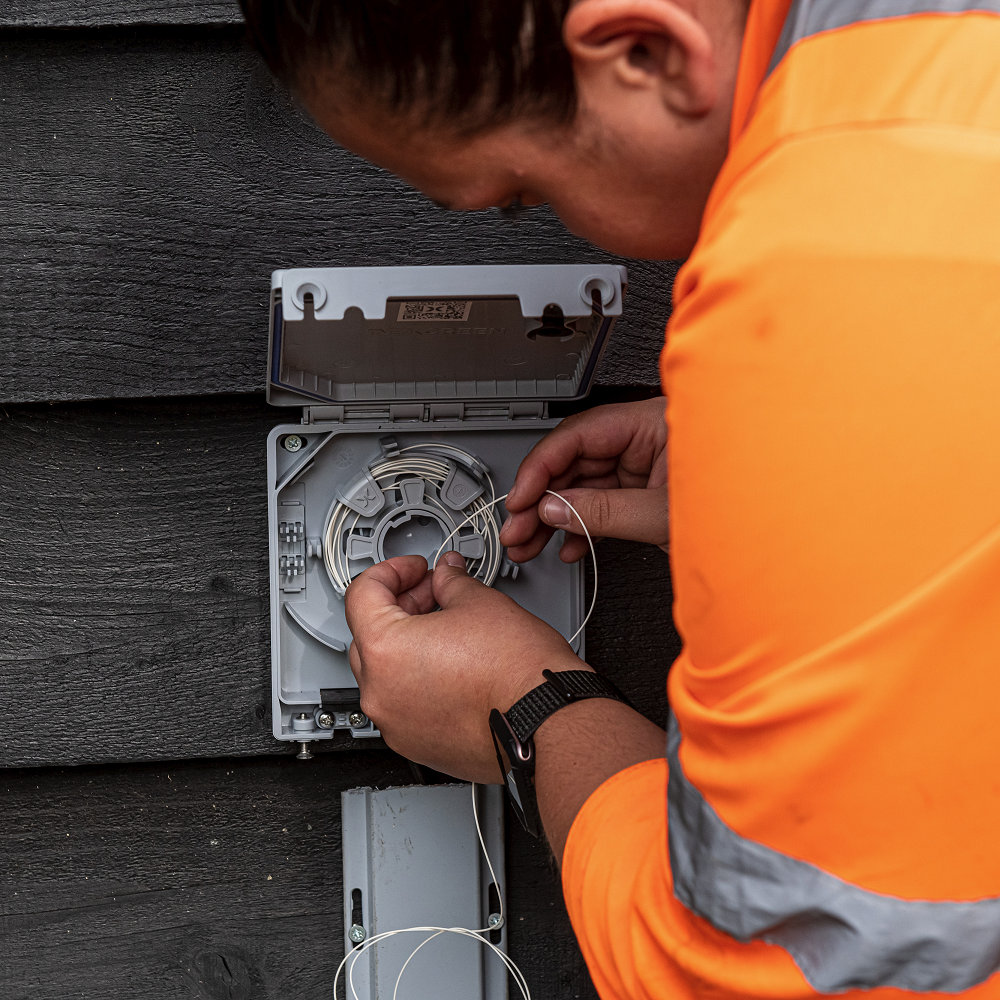

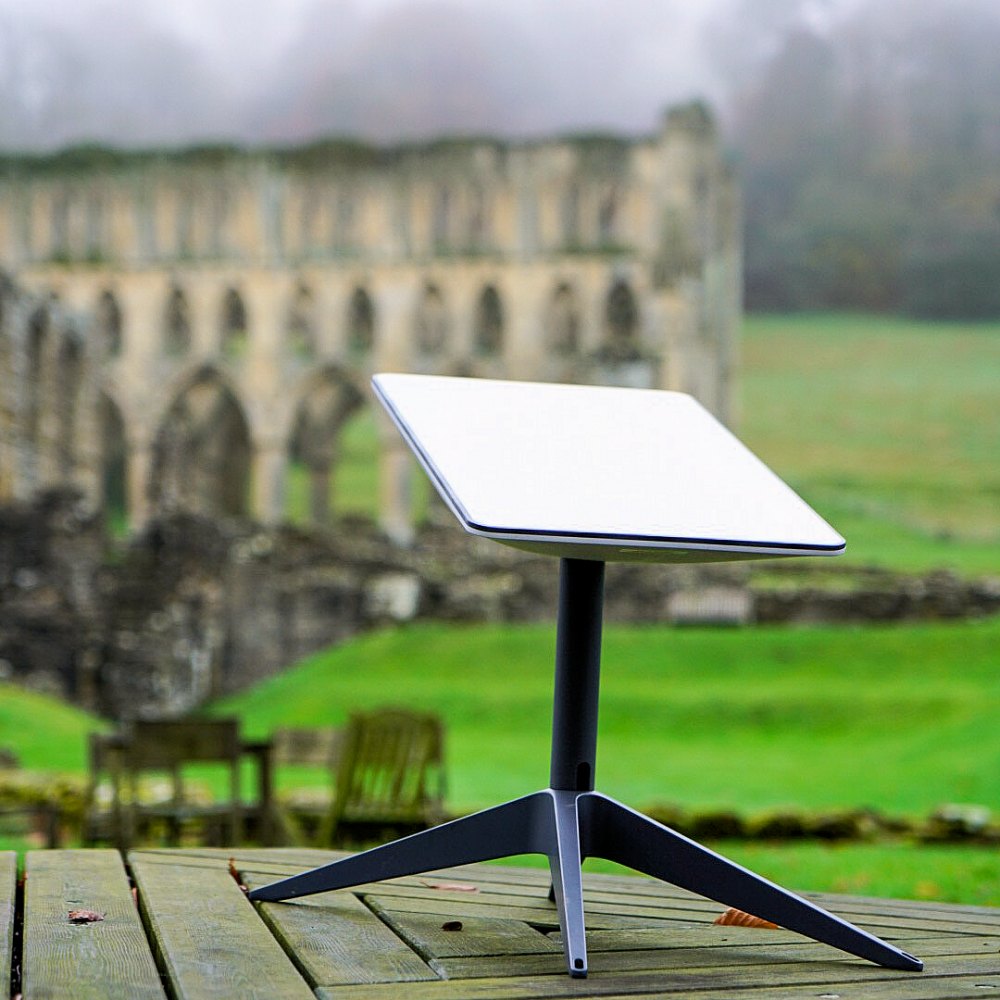
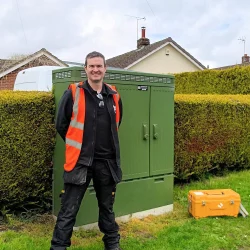
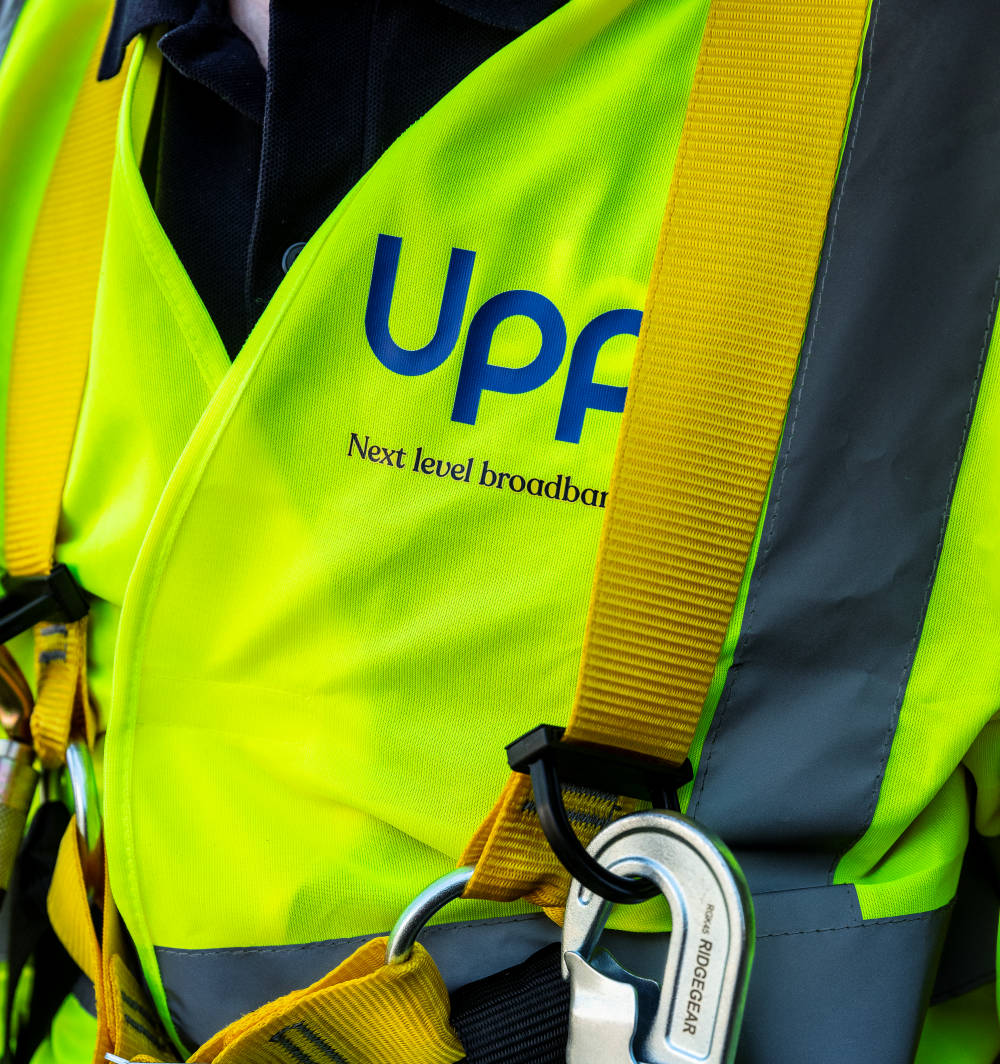

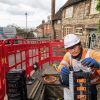










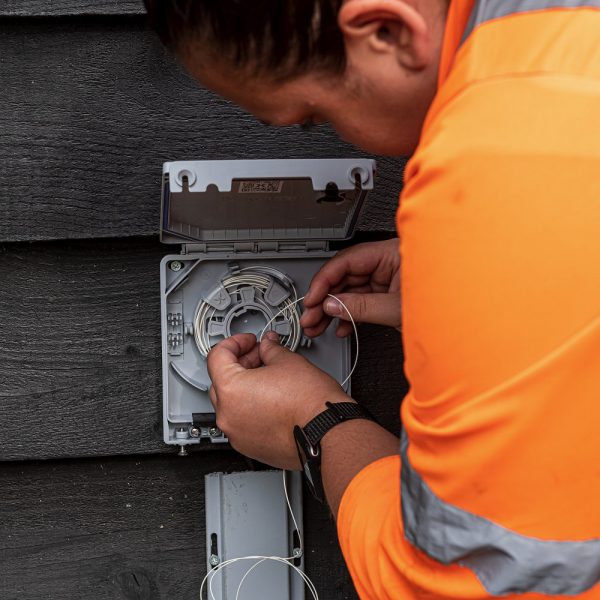
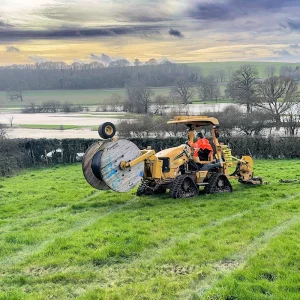

































Thankfully i get a reasonable 4G signal now, As my fixed line broadband is below 1/2 the Average download quoted for 2004 and actually slower now than when it went live.
That’s great, but the first I heard of them was when they named Mozilla a villain for trying to protect the privacy of their users from spies.
I worry they’ve gotten all too comfy with the government. Even now, they’re probably plotting to duplicate China’s blocking of TLS 1.3 ESNI.